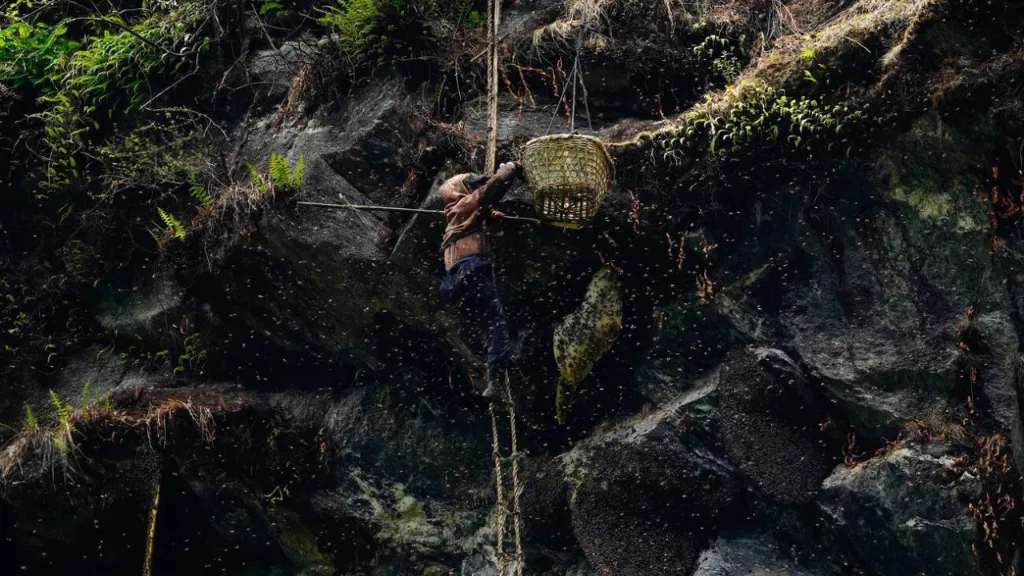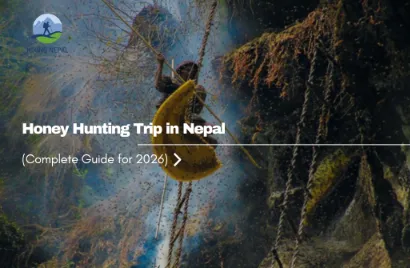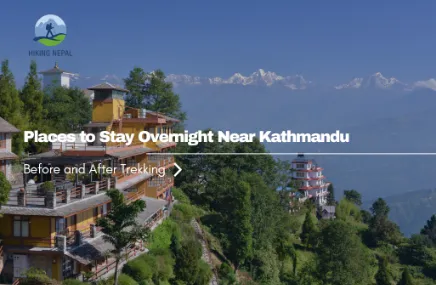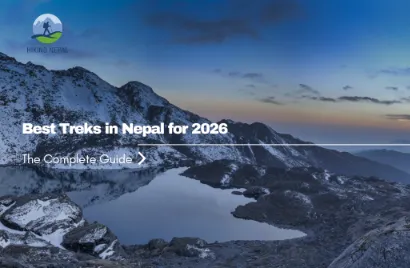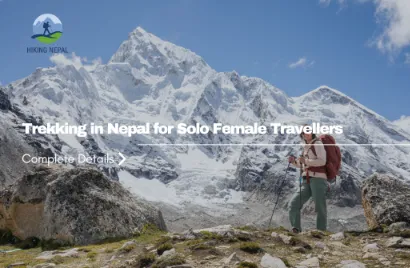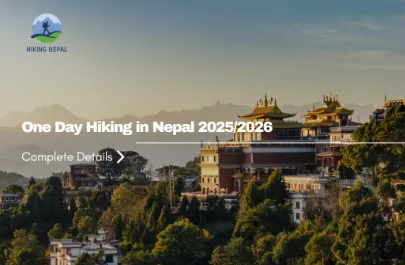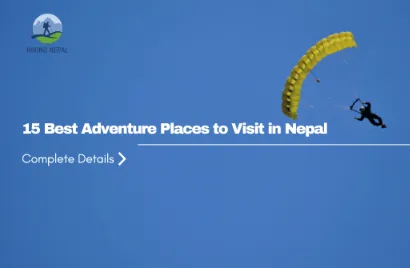Honey hunting in Nepal is one of the world’s oldest and most daring traditions. Practiced mainly by the Gurung and Magar communities, it involves collecting wild honey from massive bee colonies hanging on steep Himalayan cliffs. These bees, known as Apis laboriosa, are the world’s largest honeybees, and their honey is famous for its rare flavor and medicinal properties.
This ancient practice is more than just harvesting honey. It’s a living cultural ceremony that honors the balance between humans and nature. During a honey hunting trip, travelers trek through remote villages, dense forests, and mountain ridges to witness local honey hunters in action. If you’re looking for something beyond ordinary trekking, this experience brings together culture, nature, and true Himalayan adventure.
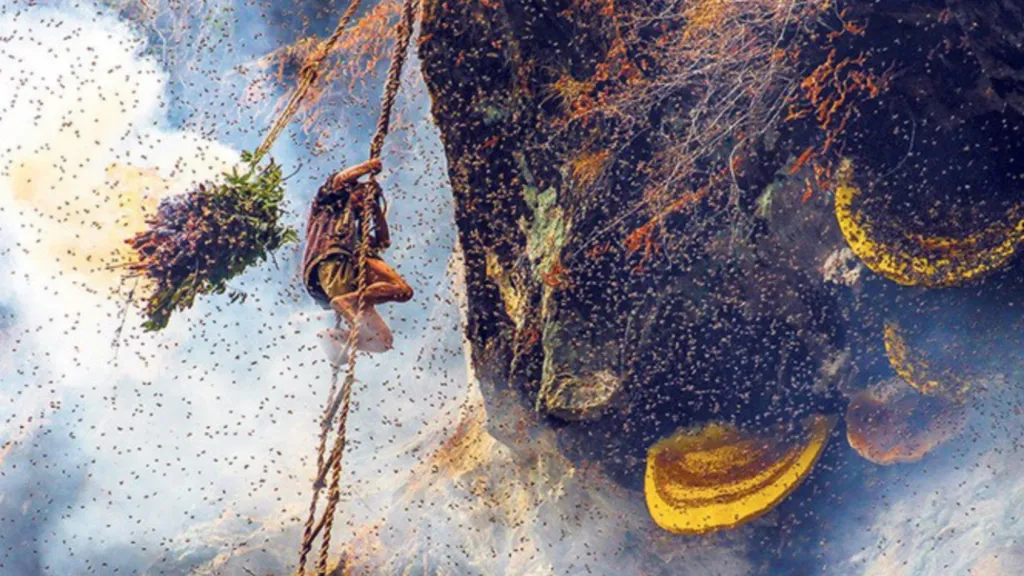
Where Does Honey Hunting Take Place in Nepal?
Honey hunting is still actively practiced in the mid-hills of central Nepal, especially in remote Gurung and Magar settlements. The most popular destinations include:
1. Lamjung District (Ghalegaun and Bhujung)
Lamjung is the heart of Nepal’s honey hunting culture. Here, you can see honey hunters climb rope ladders on high cliffs to collect honeycombs while villagers perform traditional rituals. These Gurung villages also offer authentic homestays and scenic views of the Annapurna range.
2. Gorkha and Dhading Districts
These regions are ideal for travelers seeking an authentic, off-the-beaten-path experience. The cliffs are higher, the trails quieter, and the honey hunting ceremonies more traditional. The honey collected here often comes from rhododendron forests, known for producing the famous “mad honey.”
3. Kaski (Annapurna Foothills)
Near Pokhara, Kaski is more accessible and ideal for travelers who want to combine a short trek with a honey-hunting visit. The landscape is stunning, with waterfalls, terraced hills, and friendly local communities.
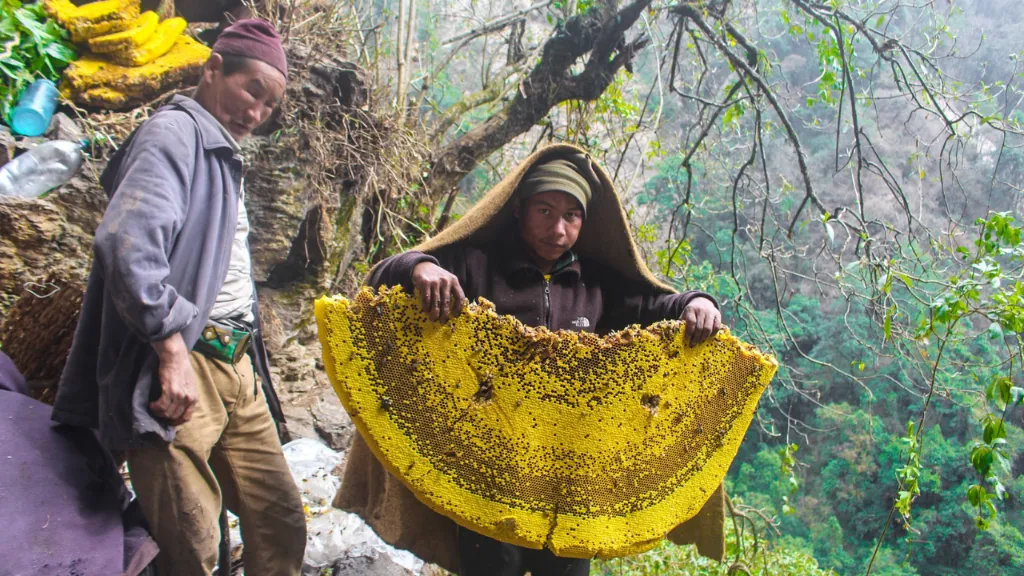
The Tradition and Process of Honey Hunting
Honey hunting is performed twice a year, once in spring (May–June) and again in autumn (October–November). The hunters, known as Amechhi, perform rituals to honor forest spirits before starting. Using handmade rope ladders, they descend hundreds of meters down vertical cliffs. Smoke from burning leaves drives the bees away while the hunters carefully cut honeycombs and collect them in bamboo baskets.
Spring honey is known for its reddish color and a slight hallucinogenic effect from rhododendron nectar. The autumn honey is golden, mild, and widely used for food and trade. Both are pure and natural, untouched by modern farming methods.
Experience a Honey Hunting Tour in Nepal
A honey hunting tour is a mix of adventure, trekking, and culture. It’s not only about watching the honey collection but also about experiencing rural life in Nepal. Typical honey-hunting trips last 5 to 10 days, depending on the location and accessibility.
You’ll trek through mountain trails, stay with local families, and join village ceremonies. On the honey hunting day, you’ll observe from a safe viewing spot as the honey hunters climb the cliffs. The view of the mountains, the sound of chanting, and the teamwork of the hunters create an unforgettable moment.
Best Time for Honey Hunting in Nepal
Season | Months | Highlights |
| Spring Season | May – June | Harvest of red honey made from rhododendron nectar |
| Autumn Season | October – November | Collection of golden honey and clear mountain weather |
Both seasons are excellent for travel. The spring season is ideal for those curious about the “mad honey” variety, while autumn offers clearer skies, village festivals, and easier trekking conditions.
Cultural Significance
For local communities, honey hunting is a sacred act that connects humans and nature. It’s not just about gathering food, but a celebration of cooperation, courage, and respect for the environment. Every expedition begins with prayer and offerings to the forest spirits, asking for protection and good harvests.
The honey is used in traditional medicine, religious rituals, and as a valuable trade product. Participating in or witnessing this ancient tradition helps travelers understand Nepal’s deep cultural heritage beyond trekking routes and mountain views.
How to Join a Honey Hunting Trip
Most honey-hunting tours start in Kathmandu or Pokhara and include transportation, accommodation, permits, and local guides. The journey usually follows this pattern:
- Day 1–2: Drive from Kathmandu to Lamjung or Gorkha
- Day 3–4: Trek to honey hunting villages like Bhujung or Pasgaon
- Day 5–6: Witness the honey hunting ceremony and cliff harvesting
- Day 7–8: Return trek and drive back to Kathmandu
Hiking Nepal arranges all logistics and ensures safe viewing of the honey-hunting process, working closely with local communities to promote sustainable, responsible tourism.
Accommodation and Food During the Trip
Accommodation is typically in homestays or village lodges, giving travelers an authentic taste of local life. Expect simple rooms, clean bedding, and warm hospitality. Meals are traditional Nepali dishes like dal bhat, vegetable curry, millet bread, and sometimes local honey desserts. Power and internet may not be available in all villages, so it’s best to bring a power bank and stay unplugged during the trip.
Practical Tips for Travelers
- Travel with a licensed guide or registered trekking company.
- Respect local customs and ask permission before taking photos.
- Pack light trekking clothes, rain gear, and comfortable shoes.
- Bring cash for local purchases as ATMs are not available in rural areas.
- Be prepared for basic accommodation and long walks.
- Avoid touching or disturbing the honeycombs.
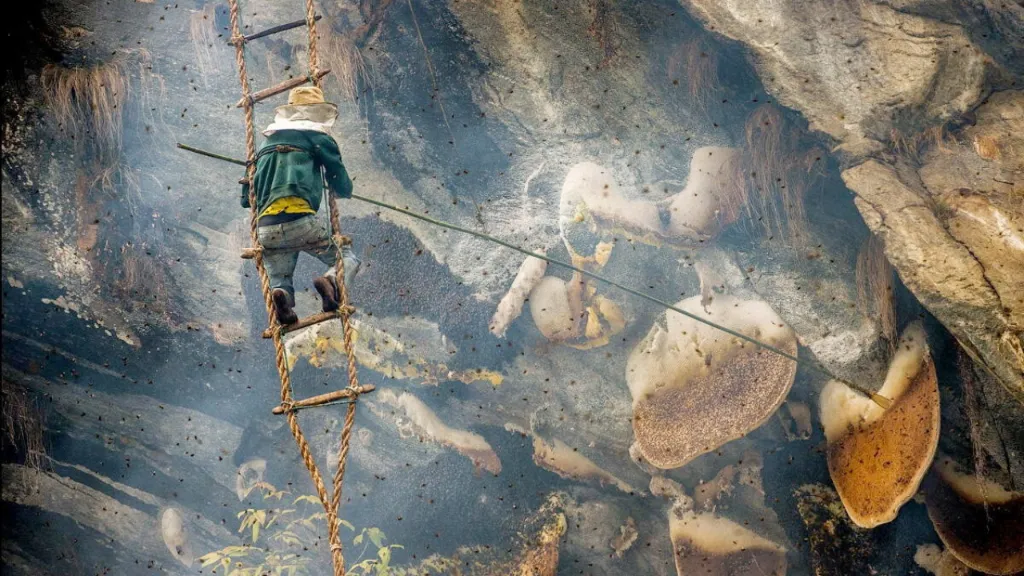
Common Questions About Honey Hunting in Nepal
1. Is Honey Hunting safe to watch?
Yes, tourists observe from a safe viewing distance under the guidance of local organizers.
2. Can tourists participate in honey hunting?
Tourists cannot climb cliffs but can join rituals, help with preparations, and taste freshly harvested honey.
3. How long does a honey hunting trip take?
The tour usually takes between 5 and 10 days, including travel and trekking days.
4. Which is the best honey hunting area in Nepal?
Lamjung and Gorkha are the most authentic and scenic areas for honey hunting.
5. When is the best time to go?
May–June and October–November are ideal seasons for honey hunting trips in Nepal.
Why Honey Hunting Should Be on Your Nepal Bucket List
Honey hunting is one of the last living traditions that combines adventure, culture, and nature. It’s thrilling to see brave hunters dangling on ropes hundreds of meters above the ground, surrounded by mountains and forests. But it’s also humbling to witness their deep respect for the bees and the environment.
Choosing this trip supports local livelihoods and helps preserve an ancient heritage that is slowly disappearing due to modernization and climate change. It’s more than just sightseeing — it’s cultural conservation.
A honey hunting trip in Nepal is one of the most extraordinary experiences you can have in the Himalayas. It’s an adventure that connects you to people, traditions, and landscapes that have remained unchanged for generations. From the rituals before the hunt to the taste of wild honey dripping fresh from the comb, every moment feels real and alive.
For travelers seeking to explore beyond popular trekking routes, this journey offers a rare glimpse into the courage and craftsmanship of Nepal’s mountain people. Witnessing honey hunting with Hiking Nepal is not just a travel experience; it’s a story of nature, heritage, and human spirit that stays with you long after you return home.
